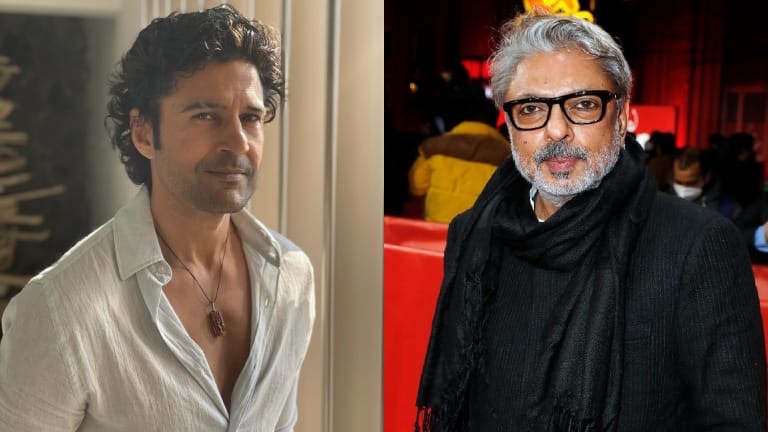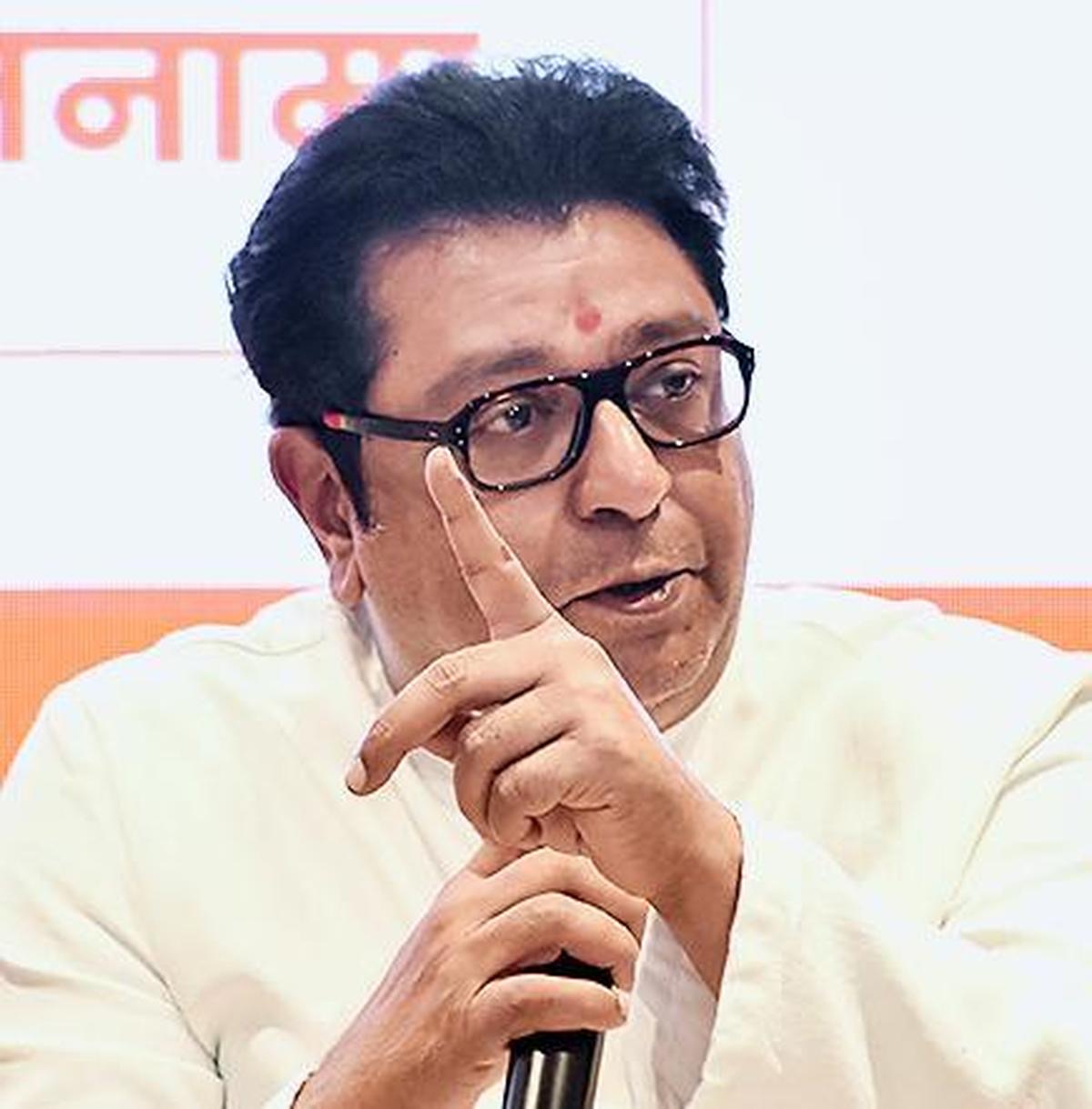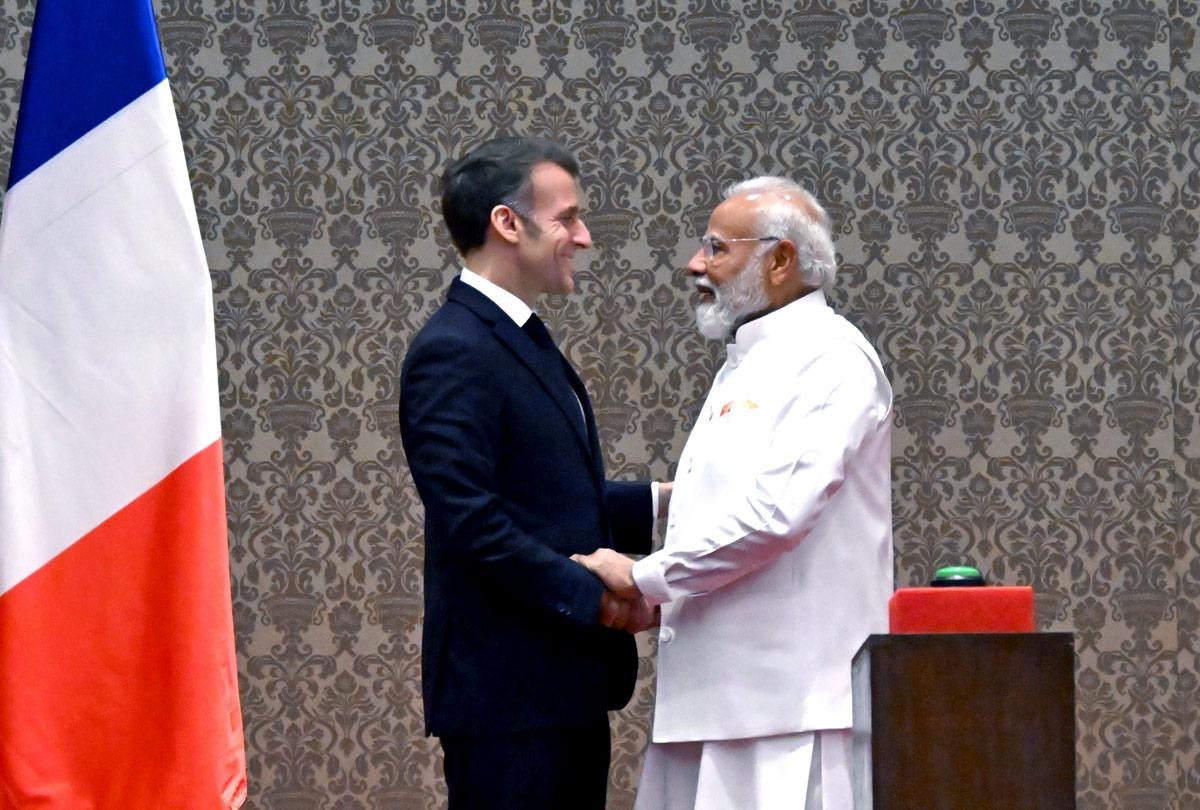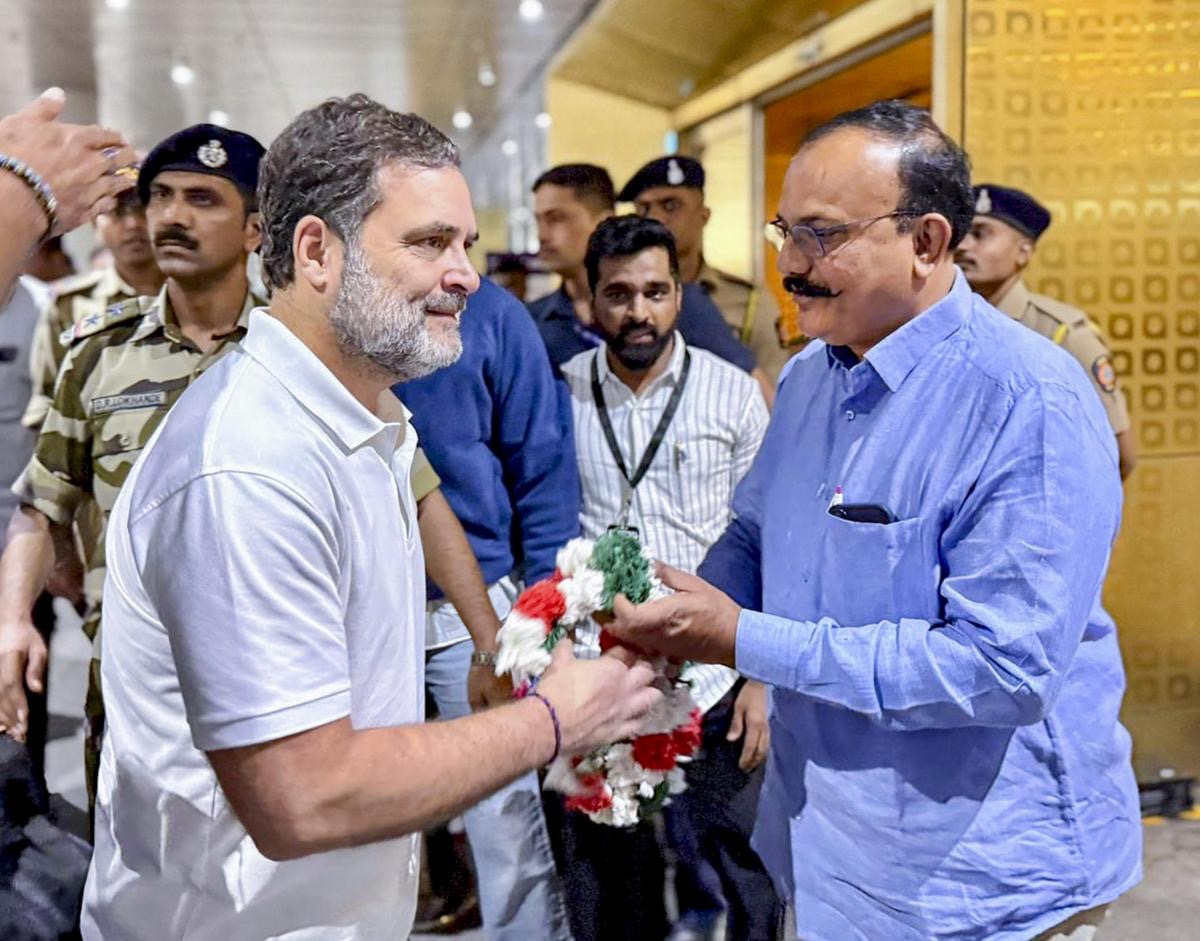Hrishikesh Mukherjee directorial “Abhimaan” Amitabh Bachchan Jaya Bachchan starrer clocks 50 years
While the Hrishikesh Mukherjee directorial” Abhimaan” released in 1973, the year marked a special year for the lead pair of the film Amitabh Bachchan and Jaya Bachchan ( at year around she was Jaya Bhaduri) as they got married. This was the year when Prakash Mehra’s Zanjeer got released and proved a blockbuster. This film kickstarted the Angry Young Man phenomenon. But, it was Hrishida’s Abhimaan, produced by the couple’s short-lived Amiya (an amalgamation of Amitabh and Jaya) banner captured the real life pair’s dazzling chemistry in myriad stages of the husband-wife relationship.
Released on July 27, 1973, the acclaimed classic film looks at the nature of male ego through the marriage amidst the two singers.
As it so happens, the wife is more gifted than the husband. But the real problem arises when her stature grows in popularity too.
Amitabh Bachchan’s Subir in Abhimaan, which opens and ends on a stage encompassing a solo’s journey into a duet, he’s a singing sensation caught in the highs and lows of heady fame, crying “Meet Na Mila Re Mann Ka” in Kishore Kumar’s cheerful voice.
Life in the fast lane is lovely but lonely — Subir’s nagging insomnia and growing dependency on alcohol, cigarettes and Chandru (Asrani), his friend-cum-secretary reveal the reality behind his smug, satisfied exterior.
Whatever potential for romance a wealthy socialite called Chitra (Bindu) holds, Chandru nips it in the bud.
Reasoning that a modern, liberal woman will spell doom for his pal Subir, he recommends, is better off marrying someone whose keywords are simple and ‘seva’.
Needless to say, Chandru’s stereotypical mindset on women or assessment of Chitra’s character haven’t aged well. Nor has Chitra selling herself short to justify Subir’s friend-zoning.
Best acknowledged for her vampy avatars, Bindu earned laurels for playing against type as Subir’s modern-day Chandramukhi.
Asrani essays the role of a loud, outspoken Sindhi secretary unafraid to call out his friend’s insecurity when he doesn’t get paid as much as his wife, and yet is so accustomed to his job. He almost reaches out to answer the phone immediately after calling it quits.
It’s these little human, correction, Hrishida touches that lend Abhimaan a gentle emotionality perfectly embodied in Jaya’s instinctive portrayal as Uma.
Jaywant Pathare’s astute camerawork is quick to capture this change of status quo in frames packed with symbolism and nuance.
Abhimaan is as much about marital discord as it is about how wobbly the foundation of male security is when it comes to a woman’s talent and success.
Rajendra Singh Bedi’s powerful dialogues as well as Amitabh Bachchan’s complex performance bring out this intricacy to the fore.
The changing colour of the Big B’s moods, as the poison of resentment gains control, plays out stunningly over the course of Sachin Dev Burman’s brooding melody, Ab Toh Hai Tumse and its pensive guitar riff. Music forms the bulk of Abhimaan’s narrative.
A magnificent blend of SD’s poignant tunes and Majrooh Sultanpuri’s intense thoughts mirror the inner turmoil and despair of its characters in Lata Mangeshkar’s dulcet expressions.
Amitabh Bachchan’s singing voice keeps shifting from Kishore Kumar’s to Mohammad Rafi’s to Manhar Udhas.
It’s a soundtrack of enormous significance, of which Tera Mere Milan Ki Yeh Raina is the eternal heartbeat, a throbbing life force, a rare melody that comes from a place of pure love and intimacy featured twice in the movie, once as a fond glimpse into the future and again in the end, as a catharsis for Subir’s regret and Uma’s sorrow.
Fifty years later, their tearful reunion is as moving as ever and worth its weight in gold.
News Edit K.V.Raman













